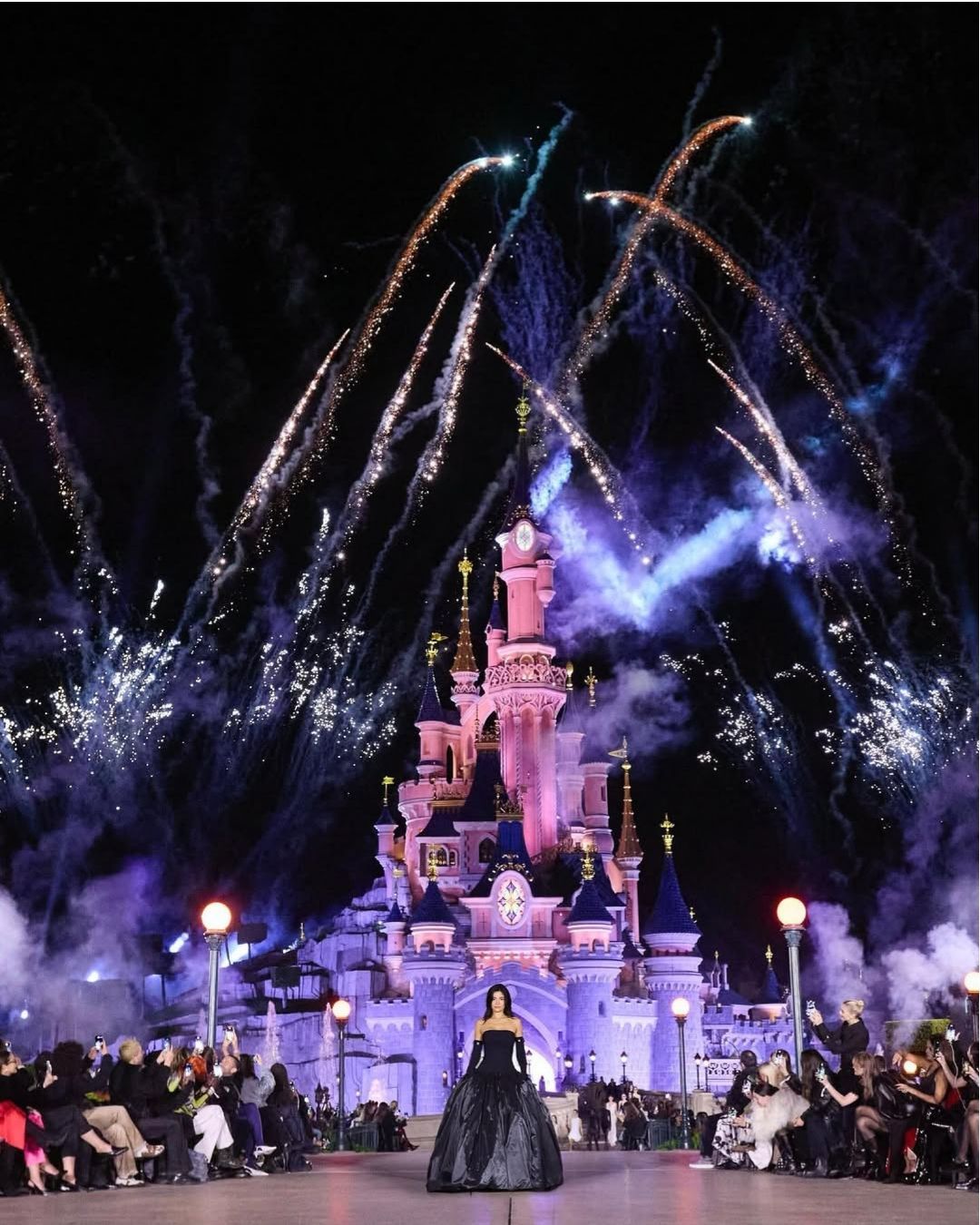
The Story of the Cannes Film Festival Celebration of cinematographic art in all its era
The 77th edition of the Cannes Film Festival will start this Tuesday, May 14, 2024, and we are all eager to discover the new films and personalities that will be in attendance. The gem of the French Riviera will host Meryl Streep as the guest of honor at the opening ceremony. An iconic figure in American cinema, the actress will kick off the event this Tuesday, which will conclude with the awards ceremony by the Jury President, Greta Gerwig. Two women, two generations, a shared passion for cinema will meet on stage at the Grand Théâtre Lumière for this edition. The Jury will be chaired by Greta Gerwig and will include Turkish screenwriter and photographer Ebru Ceylan, American actress Lily Gladstone, French actress Eva Green, Lebanese director and screenwriter Nadine Labaki, Spanish director, producer, and screenwriter Juan Antonio Bayona, Italian actor Pierfrancesco Favino, Japanese director Kore-eda Hirokazu, and finally, French actor and producer Omar Sy. On the upcoming Saturday, May 25, during the Closing Ceremony, broadcast live by France Télévisions in France and by Brut. internationally, the Jury will have the honor of awarding the Palme d'Or to one of the 22 competing films, following "Anatomy of a Fall" by Justine Triet awarded last year by the Jury of Ruben Östlund in 2023. This prestigious event, while celebrating today's stars and works, draws its roots from a rich and complex history, marked by a fervent desire for freedom and cultural independence from its very beginnings.
The Origin
The Cannes Film Festival, today one of the largest celebrations of cinema worldwide, was conceived during a time troubled by the political and cultural turbulence of the 1930s. Philippe Erlanger, a French diplomat deeply frustrated by the political manipulations at the 1938 Venice Film Festival where juries were under the influence of fascist and Nazi regimes, was motivated to create an alternative free from political pressure. He envisioned establishing this new festival on the luxurious and picturesque French Riviera. Erlanger shared his vision with Jean Zay, Minister of National Education, and Albert Sarraut, Minister of the Interior, two progressive French political figures who recognized the importance of supporting the arts free from authoritarian control. Together, they saw the Cannes Film Festival as a way to promote artistic freedom and resist the authoritarianism that was then marking Europe, an act of cultural defiance in the face of rising geopolitical tensions. The project, however, faced numerous obstacles, particularly due to tense relations with Mussolini's Italy, which did not look favorably on the creation of a competing festival on French soil. These diplomatic challenges delayed the festival's launch, originally planned for 1939. As the international situation quickly deteriorated with the onset of World War II, the project was put on hold until after the hostilities ended. Finally, after the war, the Cannes Film Festival was able to take place in September 1946, marking the start of a new era for global cinema. This first festival was a strong symbol of post-war cultural renaissance, promoting a space for international artistic encounter, free from the political influences that had marred other European cultural events.
Anecdotes that Marked History
Jean-Luc Godard and François Truffaut, among other filmmakers, demand the closing of the 1968 Cannes Film Festival in solidarity with the workers and the students who were protesting across France.pic.twitter.com/6TtdYtQE5R
— Le Cinéma (@lecinema_) October 16, 2019
Since its creation, the Cannes Film Festival has been the stage for many memorable moments that have marked the history of cinema. In 1955, the festival introduced the Palme d'Or, which quickly became the symbol of cinematic triumph at Cannes. The 1968 edition remains etched in memory when directors such as François Truffaut and Jean-Luc Godard led protests that resulted in the cancellation of the festival, in solidarity with the social movements of May 68 in France. In 1993, the festival was shaken by controversy over the film "The Piano Lesson" by Jane Campion, who became the first female director to win the Palme d'Or. The turn of the millennium saw films like "Dancer in the Dark" by Lars von Trier in 2000 win the Palme d'Or, despite heated debates and divided reviews. In 2015, diversity and inclusion took center stage when "Dheepan" by Jacques Audiard, a drama about Tamil refugees, won the Palme d'Or, sparking a global discussion on issues of immigration and integration. More recently, in 2019, the film "Parasite" by Bong Joon-ho not only won the Palme d'Or, but also became the first Korean-language film to receive this honor, and subsequently to win the Best Picture Oscar, solidifying the growing influence of non-Western cinema on the global stage. These key moments reflect the evolution of the Cannes Film Festival into an event that not only celebrates cinema but also shapes cultural and social discourse around the world.
Fashion on the Red Carpet
The Cannes Film Festival is famous not only for its influence in the world of cinema but also for its iconic fashion moments on the red carpet. From Grace Kelly in 1955 with her classic elegance, often wearing lavish evening gowns that defined 1950s fashion, to Brigitte Bardot who became a sensation with her bold fashion choices for the era, including bikinis and light dresses that embraced her sex-symbol style. The appearance of Björk with her famous "swan dress" is one of the most memorable moments in Cannes fashion history, blending fancy and originality up to Rihanna in 2017 who wowed the audience with a white Dior Haute Couture dress that was widely acclaimed for its majestic simplicity and elegance.






































































